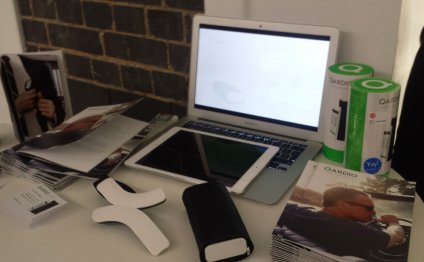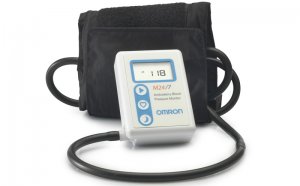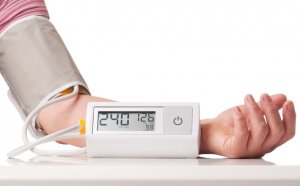
BP monitoring Devices
Below are links to the blood pressure measuring devices that have been tested according to the revised BHS protocol (1993) and/or the International Protocol that have met the BHS criteria according to the opinion of the BHS Blood Pressure Measurement Working Party based on information obtained from published validation reports. To meet these criteria, devices must achieve a minimum B grade for both systolic and diastolic measurements for the revised BHS protocol or pass the accepted criteria of the ESH International Protocol 2002 (IP1), ESH International Protocol 2010 (IP2). The references for each of these protocols can be found on the 'Publications' page of this website.
All of the devices listed for use in the and in the below may be used in the clinic. The devices included in the list for 'Clinical Use' are not necessarily suitable for use at home.
We have not listed devices that have not been tested by these protocols nor those that have been tested and failed to meet the criteria.
Derivative Devices
Devices that are listed as being derivative of other models have been approved for addition to these lists on the basis of information supplied to the BHS by the manufacturer. This information has not been rigorously tested but has been accepted in good faith. Derivative devices are marked ‘*(D)’ after the model name.
Wrist Devices
Wrist devices are subject to errors that are not presently evaluated in the available validation protocols. The most important source of error with wrist devices is the position of the arm in relation to the heart. A wrist device may fulfil the accuracy criteria of a validation protocol when strict attention is paid to having the wrist at heart level but in home use this may not happen and as a consequence the measurement can become inaccurate. For this reason validated upper arm devices are recommended in preference to wrist devices.
Alternative Devices for Measuring Blood Pressure
In the absence of internationally agreed validation criteria for machines measuring pulse wave velocity, arterial stiffness or central blood pressure monitoring, the BHS is not currently providing a list of such devices.
RELATED VIDEO



Share this Post
Related posts
Ambulatory BP monitoring devices
A widely used test for measuring nighttime blood pressure may interfere with patients sleep, thus affecting the results…
Read MoreBP Monitoring Machine
Worried about keeping a check on your or your dear one s high blood pressure? Making frequent expensive visits to the doctor…
Read More











